Disclosure: This article contains affiliate links. We may earn a commission from purchases at no extra cost to you, which helps our travel content.
When most visitors hit New York City, they beeline for the Empire State Building, Times Square, and the Statue of Liberty. Che peccato! What a shame! After 15+ visits to the Big Apple—half of them squeezing in sightseeing between visiting my cousin who teaches at Columbia—I've discovered the city's true character lives in its overlooked corners. As a firefighter, I'm trained to notice details others miss, and NYC's hidden historical layers tell stories far more fascinating than the tourist traps. This fall, ditch the crowds and dive into these nine overlooked historical gems that won't drain your student budget but will fill your mind with the authentic New York story.
Lower Manhattan's Secret Past
Most tourists see the gleaming financial district and move on, but beneath the surface lies a forgotten world. The African Burial Ground National Monument stands as testament to the 15,000+ enslaved and free Africans buried here in the 17th and 18th centuries. When construction workers discovered the site in 1991, it revolutionized our understanding of early New York. The visitor center is small but powerful—and completely free.
Just blocks away, tucked behind skyscrapers, Fraunces Tavern hosted George Washington's farewell address to his officers in 1783. The museum upstairs costs just $7 for students, and the tavern still serves food and drinks downstairs. Che sorpresa! The building has survived fires, bombings, and centuries of change.
For a truly hidden gem, seek out the remnants of the Stadt Huys Block archaeological site near Pearl Street. Glass sidewalk panels reveal the foundations of Dutch New Amsterdam's city hall and tavern. I stumbled upon this while responding to a minor alarm nearby during my FDNY exchange program—most New Yorkers don't even know it exists!
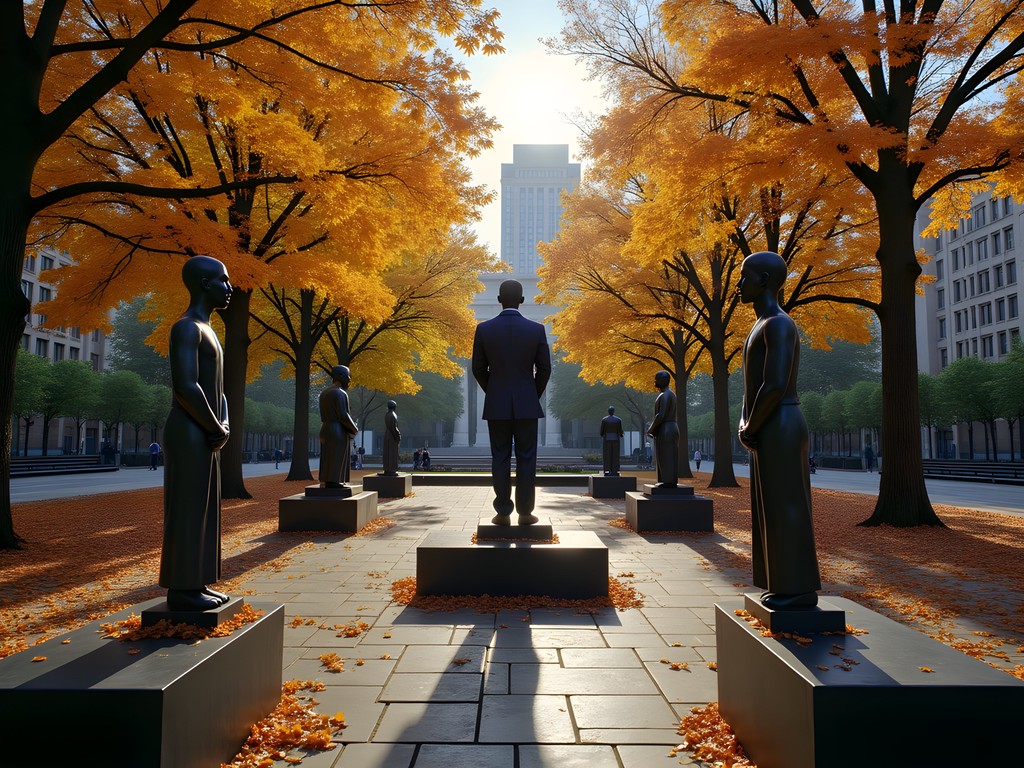
💡 Pro Tips
- Visit the African Burial Ground on weekdays before 1pm to avoid school groups
- Fraunces Tavern offers student discounts with ID
- Download the free NYC Archaeological Repository app to understand what you're seeing at Stadt Huys
Brooklyn's Revolutionary Secrets
When I first visited Green-Wood Cemetery, I expected a quick look at a historic graveyard. Four hours later, I was still exploring its 478 acres of stunning sculpture, architecture, and Revolutionary War history. The highest point in Brooklyn offers Manhattan skyline views that rival any observation deck—and entry is free. The Battle of Brooklyn was fought here in 1776, and you can still see marks from the conflict if you know where to look.
Nearby, the Old Stone House in Park Slope is actually a 1930s reconstruction of a 1699 Dutch farmhouse that was pivotal during the Revolution. For just $3 suggested donation, you'll get the Revolutionary War history that most Manhattan-focused tourists miss entirely.
Before heading back to Manhattan, stop at Weeksville Heritage Center to explore one of America's first free Black communities, established just 11 years after New York abolished slavery. The preserved historic homes transport you to the 1800s when this self-sufficient community thrived. I always pack my pocket field guide when exploring these less-documented sites—it's compact enough to fit in cargo pants but contains details you won't find on standard tourist maps.
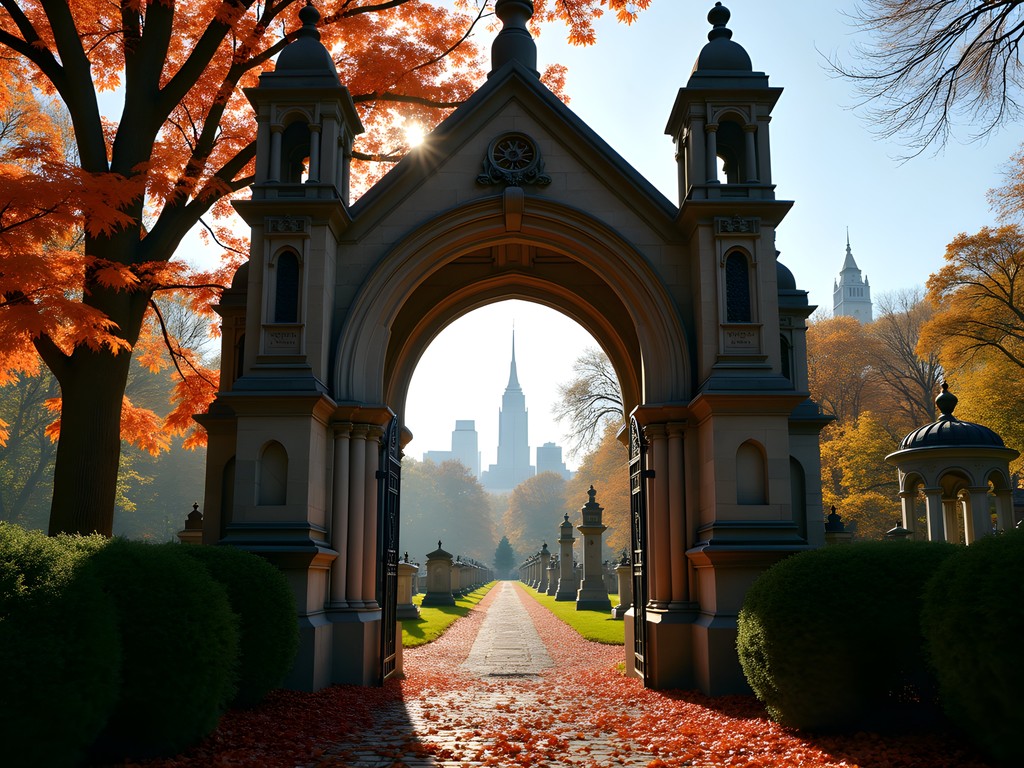
💡 Pro Tips
- Take the free trolley tour at Green-Wood on Wednesdays (first come, first served)
- Visit the Old Stone House during their weekend living history demonstrations
- Weeksville offers free admission on the first Saturday of each month
Upper Manhattan's Forgotten Fortifications
While tourists crowd Central Park, few venture north to discover Manhattan's Revolutionary War defenses. Fort Tryon Park contains the remnants of a strategic outpost that overlooked the Hudson River. The Battle of Fort Washington in 1776 was a devastating American defeat, yet most visitors only come for The Cloisters museum (which is spectacular, but hardly hidden). Wander the park's less-traveled paths to find cannon emplacements and defensive positions.
Even more overlooked is Bennett Park in Washington Heights, sitting on Manhattan's highest natural point. A small plaque marks where Fort Washington once stood—the last American stronghold on Manhattan Island during the Revolution. The surrounding neighborhood offers some of the city's best Dominican food at prices students can actually afford. Che bellezza!
For history buffs with stamina, hike to Inwood Hill Park at Manhattan's northern tip to see the island's last natural forest and caves where Lenape Native Americans once lived. The park contains actual remnants of the original Manhattan—untouched by development. When exploring these extensive parks, I rely on my insulated water bottle to stay hydrated without constantly searching for drinking fountains or spending money on bottled water.
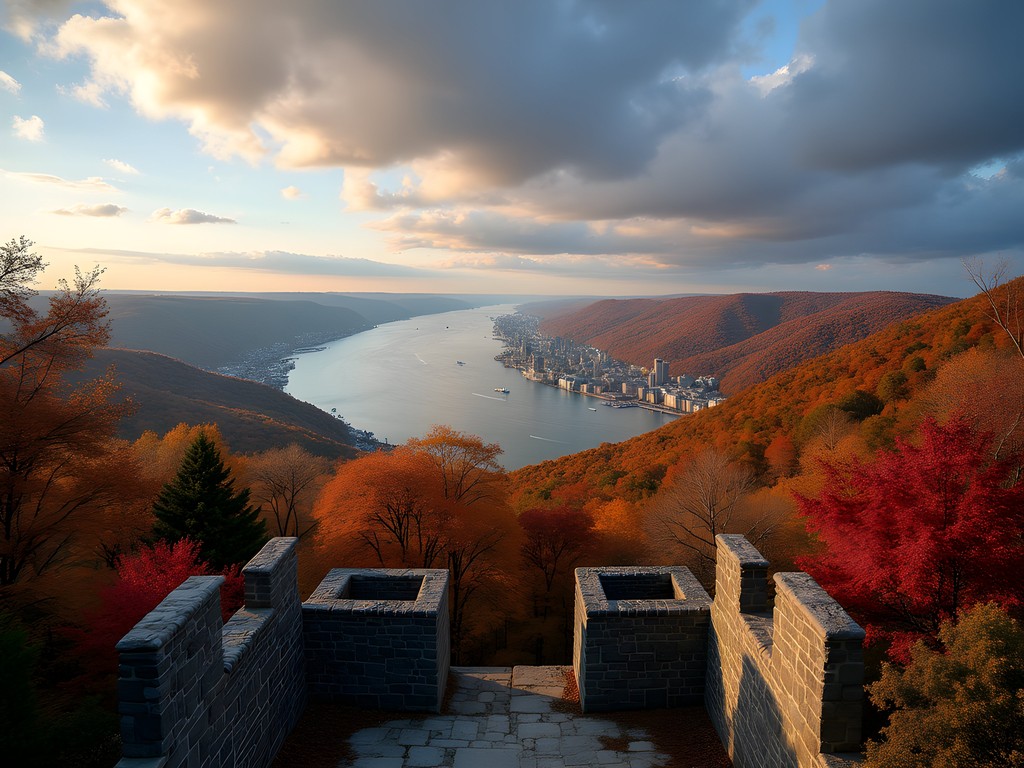
💡 Pro Tips
- Visit Fort Tryon Park in late October for spectacular fall foliage with fewer tourists
- Download the free NYC Parks Department Fort Washington map before visiting Bennett Park
- Bring good hiking shoes for Inwood Hill Park's natural trails
The Bronx's Maritime Heritage
The Bronx rarely makes tourist itineraries, which means you'll have City Island almost entirely to yourself. This tiny fishing community feels more like New England than NYC. The City Island Nautical Museum occupies a 19th-century school building and showcases the island's shipbuilding past when it produced vessels for America's Cup races. Admission is just $5, and volunteer docents often include lifelong residents with personal stories that no guidebook can match.
Nearby, Pelham Bay Park is three times larger than Central Park yet receives a fraction of the visitors. Within it, Bartow-Pell Mansion offers a glimpse into 19th-century country estate life for just $5 for students. The mansion's Greek Revival architecture and formal gardens transport you to another era.
During my last visit, I stumbled upon Fort Schuyler at SUNY Maritime College, a pentagonal fort built in 1833 to protect the eastern entrance to New York Harbor. The Maritime Industry Museum inside showcases NYC's crucial relationship with the sea. When exploring these more remote sites, I always bring my power bank since my phone battery drains quickly from taking photos and using navigation apps in areas I'm less familiar with. The last thing you want is to get lost in the outer boroughs with a dead phone!
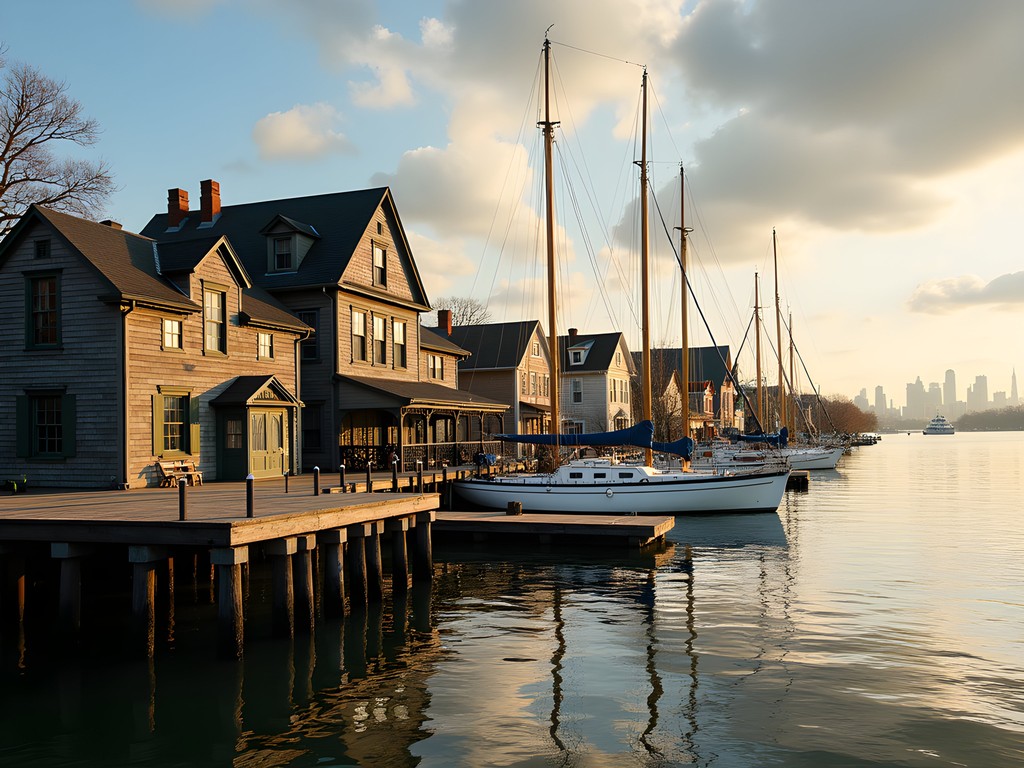
💡 Pro Tips
- Take the BX29 bus to City Island and walk—it's only a mile long
- Call ahead to confirm Bartow-Pell Mansion hours as they vary seasonally
- Bring ID to enter SUNY Maritime College grounds for Fort Schuyler
Queens: From Colonial Farms to Aviation Pioneers
In a city obsessed with progress, King Manor Museum in Jamaica, Queens preserves the 1750s home of Rufus King—a founding father who signed the Constitution and became an early voice against slavery. The museum charges just $5 suggested donation and often hosts historical cooking demonstrations in fall. I've visited three times and always learn something new about early American political history.
Nearby, the Lewis H. Latimer House Museum celebrates an overlooked inventor who worked with both Alexander Graham Bell and Thomas Edison. Latimer, the son of escaped slaves, helped develop the telephone and improved the lightbulb filament. The modest Victorian home where he lived is now a museum highlighting contributions of African Americans to science.
For something completely different, the TWA Hotel at JFK Airport has transformed the iconic 1962 TWA Flight Center into a mid-century modern masterpiece. While rooms are expensive, anyone can visit the museum showcasing aviation history and vintage uniforms. The rooftop observation deck puts you face-to-face with departing jumbo jets. During my last overnight layover, I stayed at a budget hotel nearby but spent hours exploring this architectural gem.
When visiting these scattered sites across Queens, comfortable footwear is essential. My walking shoes have saved my feet countless times during long days of urban exploration. As a firefighter, I'm on my feet for 24-hour shifts, so I've learned not to compromise on footwear—these shoes provide support while being waterproof for unpredictable fall weather.
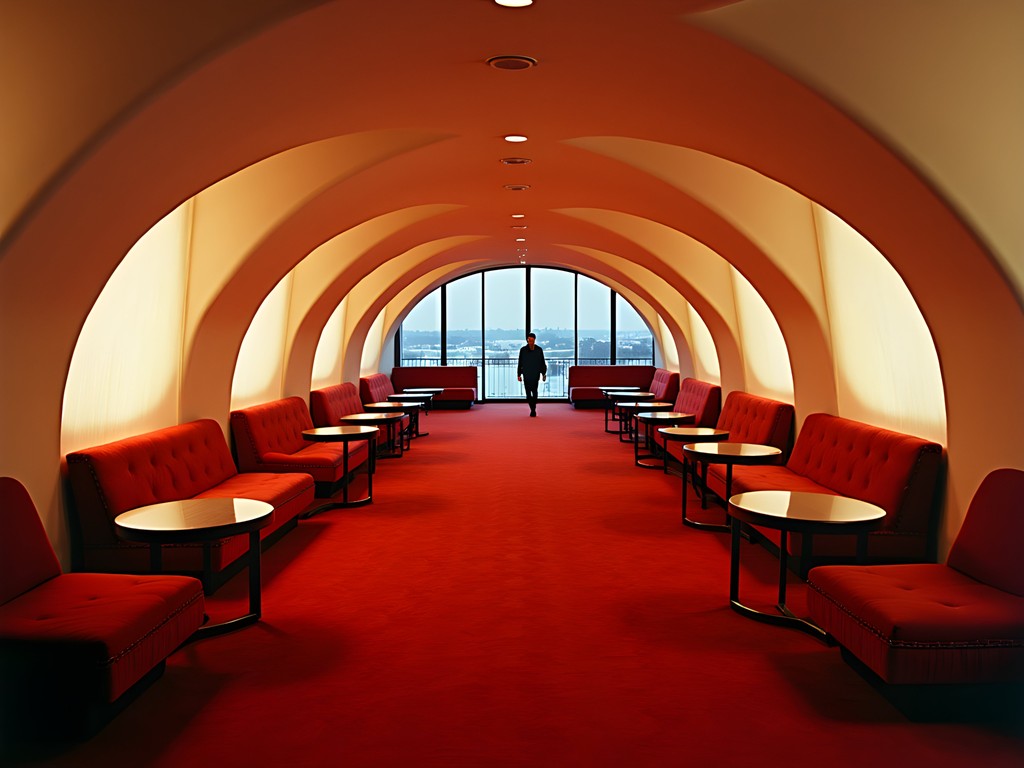
💡 Pro Tips
- Combine King Manor with the vibrant Jamaica Market for an authentic Queens experience
- The Latimer House is small—call ahead to confirm tour times
- Visit the TWA Hotel early morning or evening to avoid airport rush hours
Final Thoughts
After fifteen years of exploring New York beyond the postcard views, I've learned that the city's true character emerges when you seek out these overlooked historical corners. As students, you have the perfect opportunity to experience a deeper New York—one that most tourists miss entirely while waiting in line at mainstream attractions. These nine sites offer authentic glimpses into the layers of history that built this remarkable city, from Native American settlements to Dutch colonization, the Revolutionary War, immigration waves, and industrial innovation.
Before your next NYC trip, I recommend picking up a illustrated historical guide to help you connect these hidden dots across the five boroughs. Non dimenticare—don't forget—that New York rewards the curious explorer who ventures beyond Manhattan's well-trodden paths. The fall season brings comfortable temperatures, smaller crowds, and spectacular foliage that frames these historical sites beautifully. So lace up your walking shoes, charge your phone, and discover the hidden New York that's been waiting for you all along. What overlooked historical gem will you discover first?
✨ Key Takeaways
- Fall is ideal for exploring NYC's outdoor historical sites with comfortable temperatures and beautiful foliage
- Student discounts and free days make these overlooked sites budget-friendly
- The outer boroughs contain some of NYC's most significant historical treasures
- Planning routes by neighborhood saves time and transportation costs
📋 Practical Information
Best Time to Visit
September-November
Budget Estimate
$30-50 per day including transportation and admissions
Recommended Duration
5-7 days
Difficulty Level
Moderate

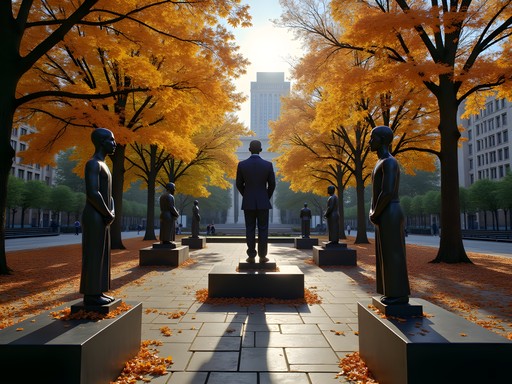
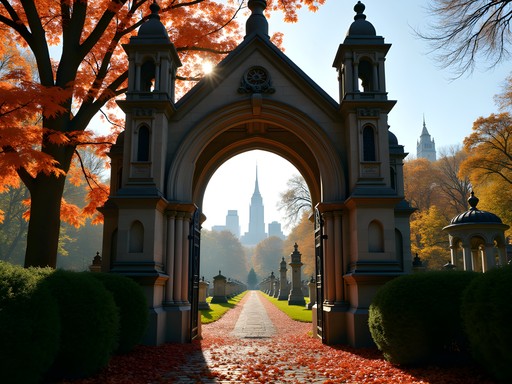
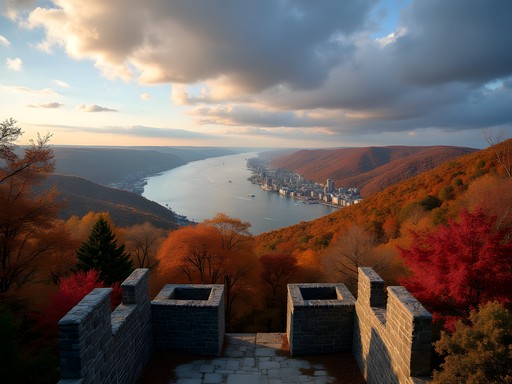
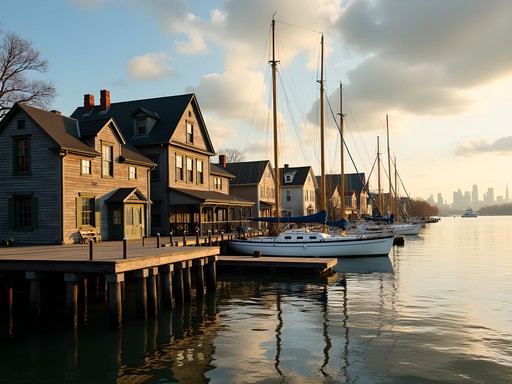
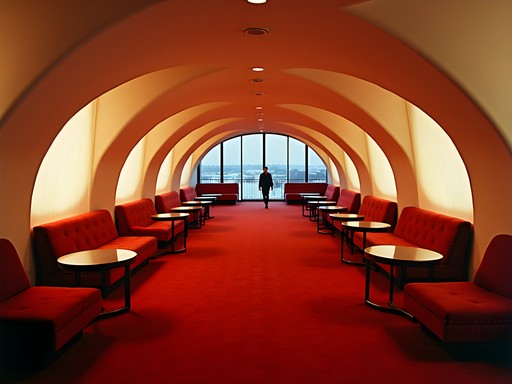


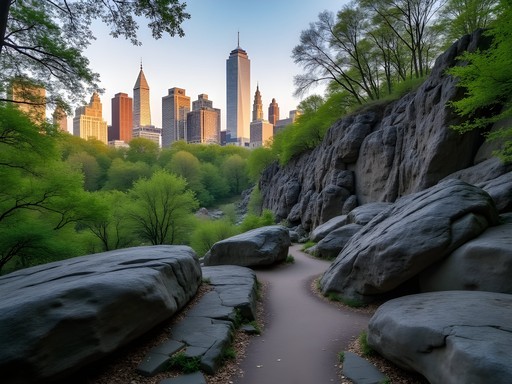
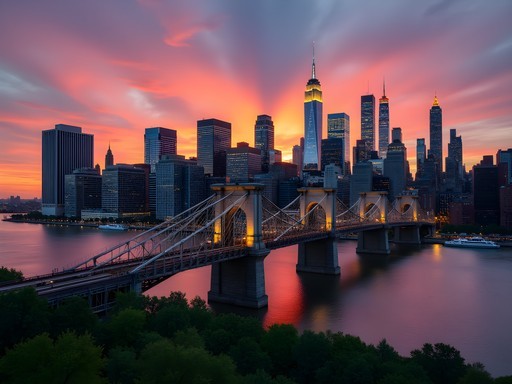

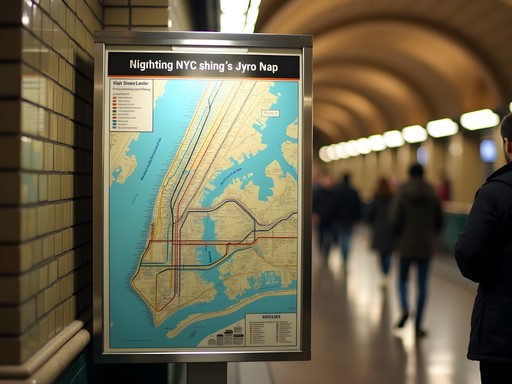
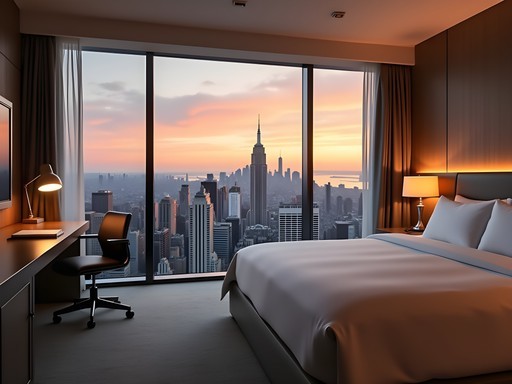
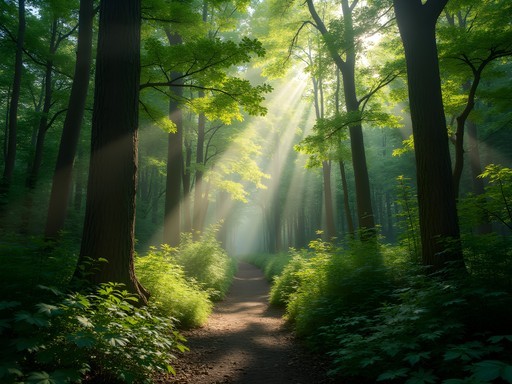
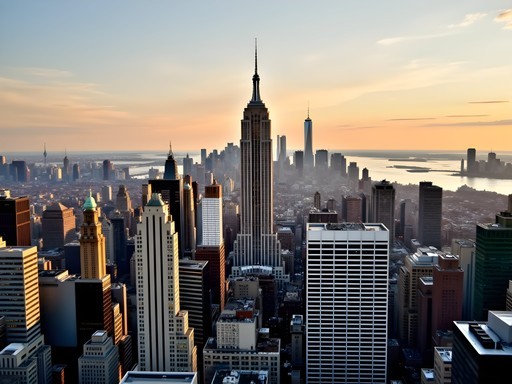
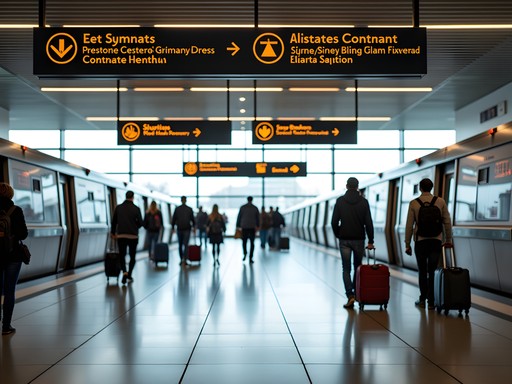
Comments
happyseeker
Great list! I've been to NYC 3 times but never knew about most of these. Which of these spots is most accessible by public transportation? I'll be staying in Midtown next month without a car.
Riley Griffin
Pierre, you've hit the nail on the head with this one! I took my kids to NYC last summer and we specifically avoided the typical tourist spots. We spent a whole day exploring the Revolutionary War sites in Brooklyn that you mentioned - my 12-year-old history buff was absolutely thrilled. The old prison ship martyrs monument was particularly moving, and we had the place practically to ourselves. One spot I'd add to your list is the Irish Hunger Memorial in Battery Park City - it's this beautiful elevated garden with an authentic Irish cottage, but most tourists walk right past it on their way to the 9/11 Memorial.
waveking
Hey Riley, where exactly is that Revolutionary War site in Brooklyn? Planning a trip with my history-obsessed nephew and that sounds perfect!
Riley Griffin
It's in Fort Greene Park - the Prison Ship Martyrs Monument. Definitely worth visiting, and there's a great little self-guided walking tour you can download. My kids loved it!
dreamchamp
Finally! Someone talking about the real NYC beyond the tourist traps. Saved for my next trip!
dreamlover
This is my first time going to NYC and I'm kinda overwhelmed by all the options. Would you recommend doing these first or should I hit the main tourist stuff and then branch out?
Pierre Simpson
For a first visit, I'd say do a mix! See the Statue of Liberty or Empire State if that's important to you, but throw in one or two of these hidden gems. You'll get a more complete picture of the city that way.
islandway
Yeah definitely see the big stuff your first time but maybe skip times square lol
Taylor Moreau
Excellent piece, Pierre. I've been covering NYC for business travel audiences for years and still learned something new here. The Bronx maritime heritage section particularly caught my attention - I've shamefully neglected that borough in my own coverage. The Morris-Jumel Mansion is criminally undervisited. I took clients there last autumn and they were genuinely surprised such a place existed in Manhattan. One tip I'd add: the Green-Wood Cemetery in Brooklyn deserves mention alongside these gems. It's technically well-known but most tourists skip it entirely, and the Revolutionary War history there is fascinating.
dreamadventurer
ooh adding Green-Wood to my list too!
Sage Dixon
Man, this brings back memories! I did a similar off-the-beaten-path tour last fall and discovered the Wyckoff House in Brooklyn - oldest building in NYC and nobody talks about it. I grabbed a walking tour book that had some of these mapped out with the Revolutionary War sites, made it easy to string together a whole day. The contrast between wandering these quiet historical corners and then hitting a Brooklyn brewery afterward perfectly captures what makes NYC so layered. Great post, Pierre!
vacationstar
Ooh I need to check out the Wyckoff House! Adding to my list.
dreamadventurer
OMG YES! I stumbled on the Fraunces Tavern last year completely by accident and it was such a cool find. The whole Lower Manhattan section really resonated with me. I had no idea there were Revolutionary War sites just tucked between skyscrapers! Did you check out the City Hall Station? I heard it's gorgeous but hard to get into. Going back in April and definitely adding these to my list!
Taylor Moreau
City Hall Station is absolutely worth it if you can arrange access through the Transit Museum. Book well in advance though - tours fill up quickly.
dreamadventurer
Thanks! Will do that right now actually
islandway
The Bronx maritime stuff is cool but honestly I'd skip it unless you're really into that. The Brooklyn spots though - totally worth it. Fort Greene Park has amazing views and barely anyone there compared to Brooklyn Bridge Park.
globefan
Love this! Bookmarked for later.
Taylor Moreau
Excellent roundup, Pierre. I've been incorporating some of these lesser-known sites into my corporate travel itineraries for clients who have extended stays in NYC. The City Hall Station tour is particularly impressive for architecture enthusiasts, though booking well in advance is essential. I'd also add the Old Quaker Meeting House in Flushing to this list - remarkable piece of religious freedom history that predates the Constitution.
dreamlover
Wait you can tour the old City Hall station?? How do I book that?
Taylor Moreau
Through the New York Transit Museum - they run tours but they fill up quickly. Check their website about 2-3 months before your visit.
Venture X
Premium card with 2X miles, $300 travel credit, Priority Pass